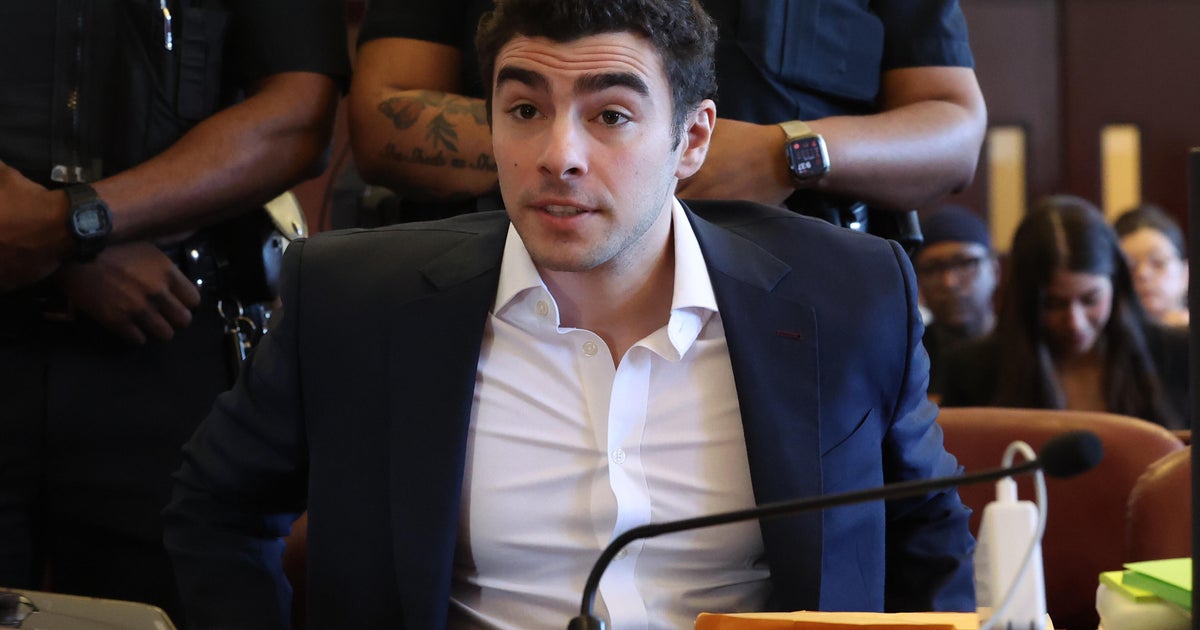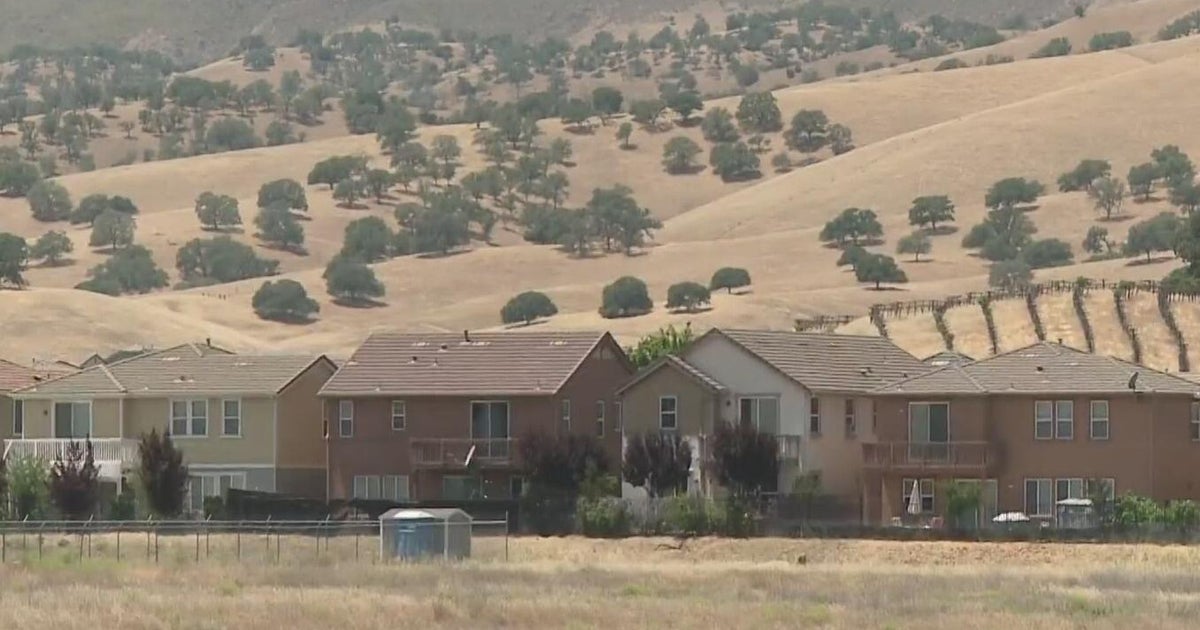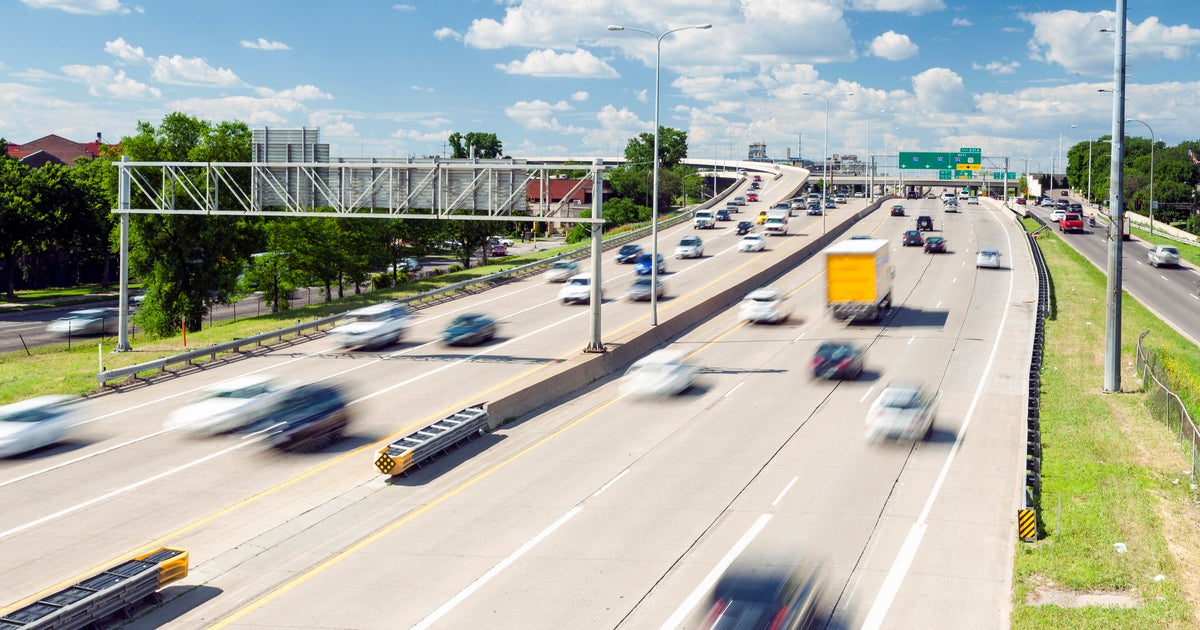Senators Push Apple, Google To Nix DUI Apps -- But Does It Matter?

In March, we told you that four U.S. Senators had pushed Apple, Google, and Research In Motion (creators of the Blackberry) to remove apps that revealed the location of DUI checkpoints. At the time, RIM was the only provider that agreed to do so, but now Apple and Google have indicated that they might be warming up to the idea.
To recap: the Senators -- Frank Lautenberg (D-NJ), Harry Reid (D-NV), Charles Schumer (D-NY), and Tom Udall (D-NM) -- were initially drawn to the topic by an app called PhantomALERT. (At least, that's the only one they mentioned by name in their letter to the companies' CEOs.) PhantomALERT claims to help users avoid speed traps and red light cameras, but also includes information about DUI checkpoints. The Senators argued that drunk drivers could use apps like PhantomALERT to skirt road blocks, endangering pedestrians, other drivers, and themselves in the process.
Research In Motion was fairly quick to comply with the lawmakers' requests, but Apple and Google were far more skittish, explaining that such apps don't technically violate their terms of service. Now, however, there's been an official Senate hearing on the matter, and Schumer seems to have convinced Apple and Google to reconsider. Guy Tribble, who serves as Apple's vice president of software technology, said "We're in the process of looking into it - we have a policy that we don't allow apps that encourage illegal activity."
Will the takedown happen? Maybe. We're still in the early stages of the app boom, and none of the three industry leaders want/need any bad publicity. Then again, who knows how the public would react if Apple and Google did comply? Apple has been repeatedly accused of restrictive app policies (probably one reason that Google is breathing down Apple's neck right now), so takedowns might not sit so well with consumers after all.
Will it make a difference? Probably not. For starters, we're not entirely sure that most drunkards have the brains, motor skills, or tech savvy to crack open an app and search for DUI checkpoints in the first place. But beyond that, there are at least two other factors that make the proposed takedowns a non-issue:
1. As we said last time, hundreds of apps employ mapping APIs. Nearly any of them could be rejiggered to include info on checkpoints. Removing a few of the most marginal apps like PhantomALERT would be little more than a face-saving measure for Apple and Google and would have little effect on the availability of checkpoint data.
2. If the takedowns do go forward, we doubt that they'd happen on a regular basis in the future. It seems dicey to determine whether or not an app is "encouraging illegal activity". What exactly does that mean? Trapster, for example, could argue that it's simply providing information that's already available on many law enforcement websites, raising the question of whether the police themselves encourage illegal activity. Would an app providing a map of LGBT bars in Oklahoma (where sodomy laws still sit on the books, despite Lawrence v. Texas) also encourage illegal activity? These are slippery slopes that no corporation is going to climb on its own, meaning that one set of takedowns probably won't start a trend.
This story originally appeared at All Car Tech







